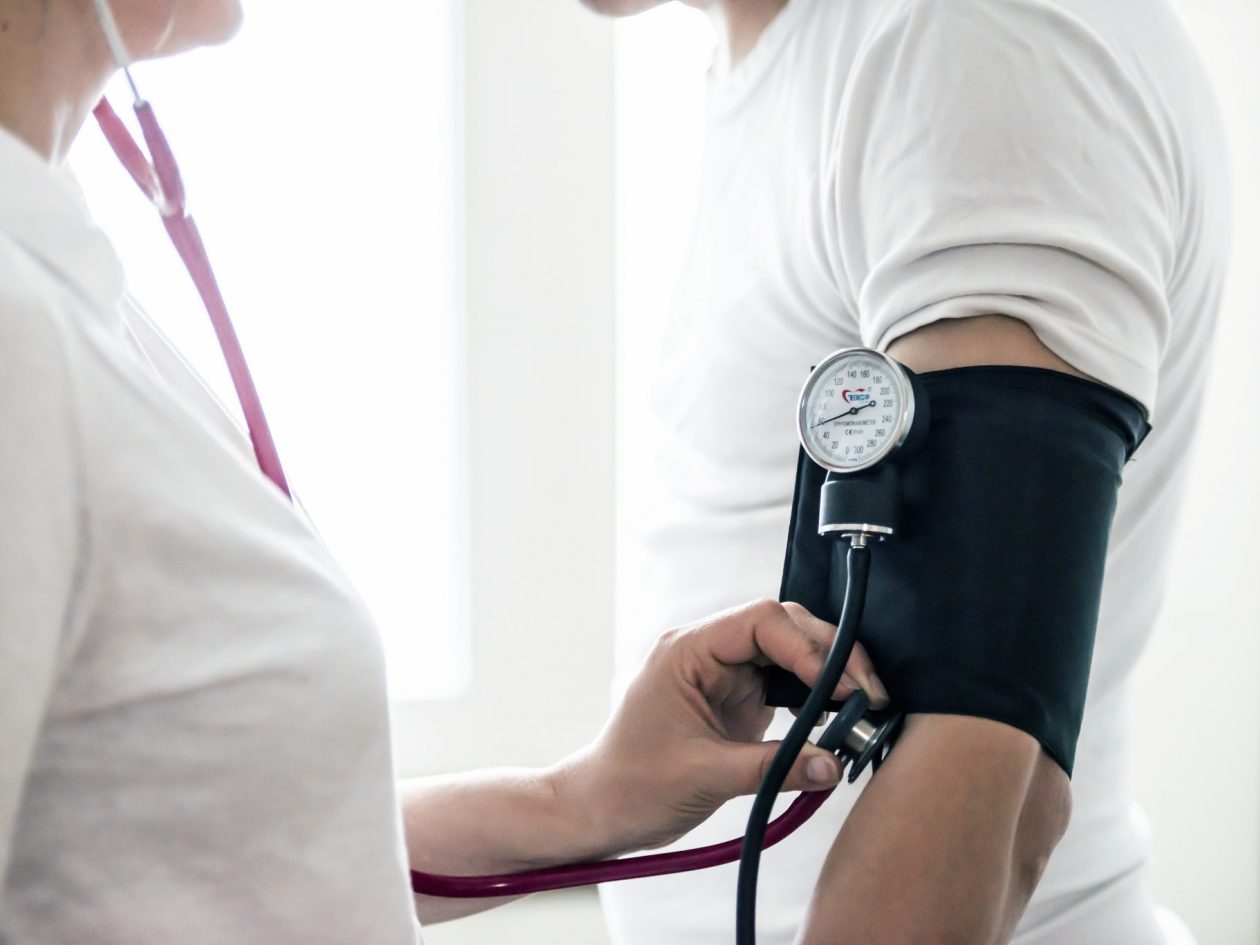The Economic and Social Research Council has awarded funding of £1.4 million for a pioneering new ISER research programme investigating the links between social and economic situations and health.
Using new social and economic data and ‘biomarkers’ – biological measurements – collected from Understanding Society, the UK Household Longitudinal Study, the research project will bring together health and social scientists to provide crucial new evidence for policy makers.
Professor Michaela Benzeval will lead the ground-breaking interdisciplinary project. She said:
“Understanding the interaction between people’s social and economics lives and their health across the life span is essential
to develop policies not only to improve the nation’s health but also its social and economic capacities.
“While much research
has been produced in different disciplines to examine these issues, studies are often limited by their disciplinary base:
social science research often treats health as a unitary concept while clinical and biomedical studies generally control for a
single measure of social position.”
“However, what is needed are studies that bring together the richness of social science
and health data, analysed by researchers with expertise across biomedical and social disciplines, to understand the
complex social and biological processes the link different aspects of people’s lives and health at different life stages. Such
evidence will help to inform policies about how and when to intervene to improve population health and reduce health
inequalities.”
“This research helps reveal hidden facts about the complex social and biological processes at
work behind our everyday lives.”
The project aims to provide a better understanding of people’s lives and their health. It is based on Understanding Society – a rich social and economic study, which interviews the same families every year and has recently included a health interview where nurses took a number of ‘biomarkers’ or objective health measurements.
These objective measures such as blood pressure, lung function and blood samples, have subsequently been analysed for indicators of heart disease, diabetes and anaemia, liver and kidney function and frailty.
The project is led by a multi-disciplinary research team with international partners and has two broad aims:
-
to contribute new scientific knowledge about the two-way relationship between people’s social, economic, environmental circumstances and health;
-
to build understandings of the value of and capacity for using biomarkers, genetic social and economic data together in collaborative projects.
The study will include a suite of exemplar research projects, which will not only address important research questions but demonstrate the value of inter-disciplinary [data and] research in these fields. It will investigate and use the best statistical techniques, and share learning with colleagues about these approaches.
In addition, the research will also:
-
undertake a set of ‘outreach’ initiatives in specific social science disciplines – such as geography, economics and sociology – to investigate and disseminate the value of employing biomarkers to address social research questions relevant to them.
-
establish a fellowship scheme for new researchers to propose projects at the interface of social and health sciences, which will be carried out with joint mentorship by social and biomedical scientists.
-
hold a range of workshops and training events, and produce supporting resources, such as special datasets, to build understanding and capacity of the use of biomarkers in social science research.
-
develop international collaborations to draw expertise from across the world into the project, and hold an annual master class and conference with contributions from them;
-
involve policy makers in the oversight of the project, as well as set aside some funds for them to undertake analyses of the data relevant to their policy responsibilities. Policy relevant findings will be shared widely through briefings and a policy event.
This research will help to identify when and how health problems emerge in ways that enable policy makers to target policies more effectively. It will also help us understand how poor health affects people’s ability to live their lives, which again may enable policy makers to identify appropriate times and situations when these negative consequences can be prevented or reduced. Such research directly contributes to the ESRC’s strategic priority to influence behaviours and inform
interventions.
It will also improve the capacity of the research community to engage in this kind of research leading to future developments in this field.
